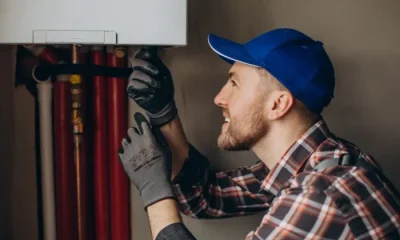
When your furnace all at once stops working, blows bloodless air, or makes ordinary noises, one of the first questions...

When your furnace all at once stops working, blows bloodless air, or makes ordinary noises, one of the first questions...
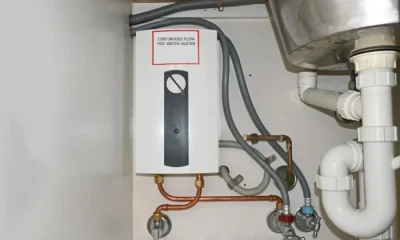
Tankless water heaters are great for saving space and energy. But even small units can stand out in your home....
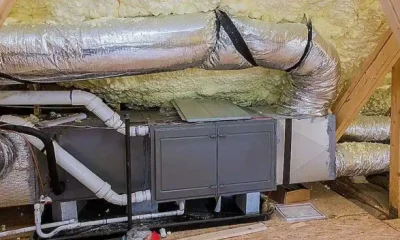
If you’ve recently noticed your furnace exhaust pipe dripping water, it can feel worrying especially during the cold months when...
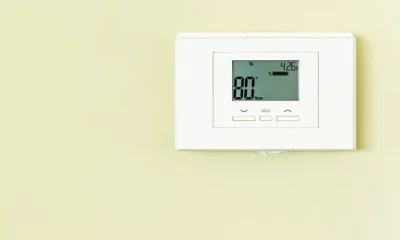
Have you ever noticed a small button or switch labeled “EM Heat” on your thermostat and wondered what it does?...
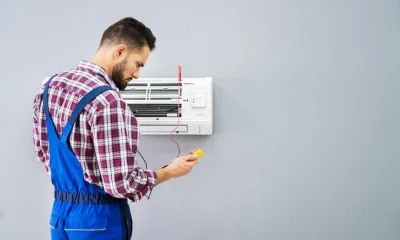
When your cooling cuts out right when you need it most, that first pang of worry is usually about the...
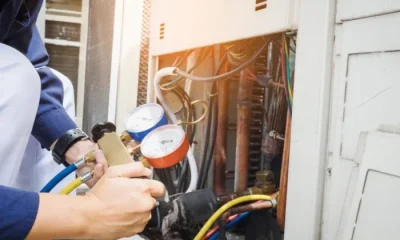
When your heating or cooling gadget stops working, one of the first things you possibly surprised by is: how much...
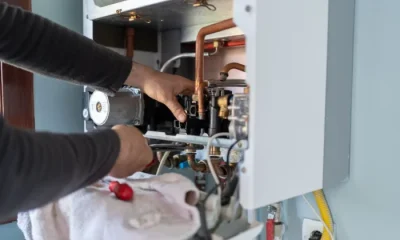
A heating domestic is vital throughout winter; however, what in case your furnace all of a once begins blowing cold...
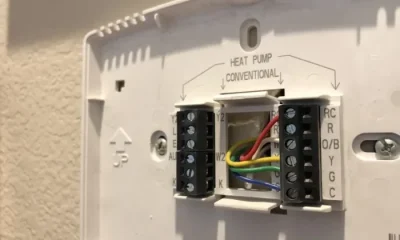
A thermostat is a small but essential device that controls your home’s heating and cooling system. It acts as the...
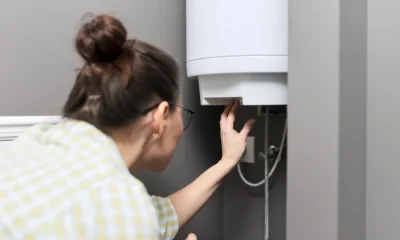
One of the most common questions owners ask is, How long does a water heater take to heat up? The...
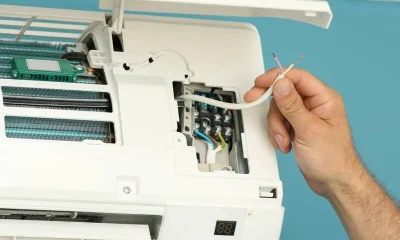
Air conditioners are important for preserving your private home cool and snug throughout the warmest months of the year. But...
We Proudly Serving Temecula, Murrieta and Surrounding Areas
EXCELLENTTrustindex verifies that the original source of the review is Google. professional, Responsive extremely thorough With repairPosted onTrustindex verifies that the original source of the review is Google. Thanks Great Job I have heat to keep my Family warm will call them for any Job I need Thanks again👍🏼Posted onTrustindex verifies that the original source of the review is Google. Always great honest reliable service. I would definitely recommend!!Posted onTrustindex verifies that the original source of the review is Google. Emilano's service call yesterday was one of the most impressive examples of professionalism and exceptional customer service I have ever experienced. Emiliano's ability to identify and solve several technical and mechanical failures with our A/C and heating system demonstrated his knowledge and expertise in his craft. Moreover, as he uncovered additional problems with our system which required additional time to correct, he did not use that to increase the charges and maintained the original price quoted. This is a great testimony to his honesty and that of Hutchinson Heating and Air. Finally, I also commend Emiliano for keeping us informed about the problems he found during his extended workday. Outstanding Customer Service!!
We are very proud to be serving our local area for over 21 years!
Useful Links
Contact Information
Business Hours